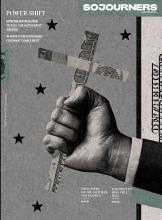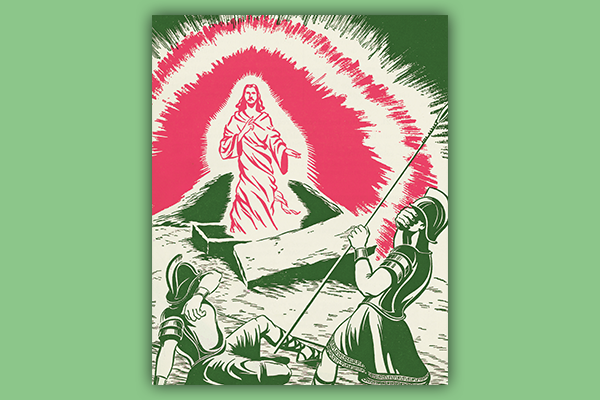I WANT TO let you in on a joke. But, for many of us, this joke might not be funny for a very long time. Let’s begin by addressing the elephant in the room. The election results drastically exacerbated tensions that Americans have been struggling with for the last decade. As I write, holiday plans are being made and canceled based on who voted for whom. This tension is not going away soon. However, changes of political regimes and the Christmas story give us insight into where we are as followers of Jesus today.
As a pastor and a comedian, I try to bring God’s levity to bear on tragedy to recenter a Christian perspective. At its root, the word levity means “lightness,” like the word “levitate.” While God’s levity may not be conventionally funny in the moment, it employs the elements of comedy that, by design, lighten the burdens of our human experience.
Read the Full Article

